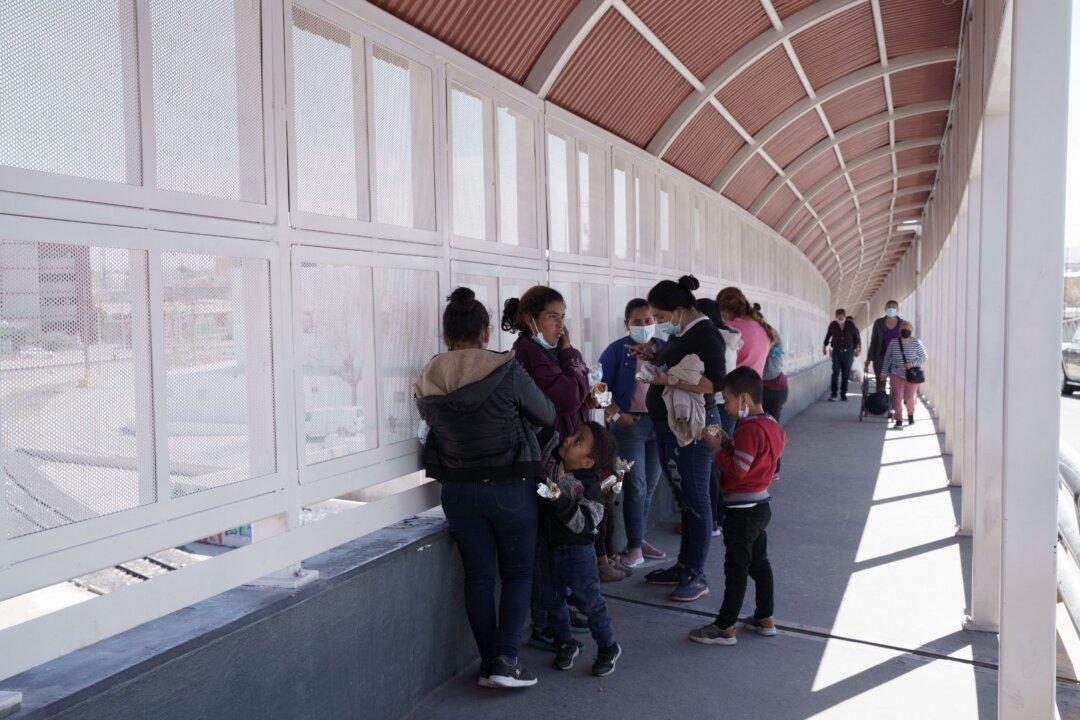The Biden administration is set to spend $86.9 million to house family units unlawfully crossing the U.S.-Mexico border, officials at the Department of Homeland Security (DHS) confirmed to The Epoch Times.
In a statement to The Epoch Times, U.S. Immigration and Customs Enforcement (ICE) Acting Director Tae D. Johnson said a short-term contract was awarded to Endeavors, a San Antonio, Texas-based non-profit organization, to provide “temporary shelter and processing services for families who have not been expelled and are therefore placed in immigration proceedings for their removal from the United States.”





